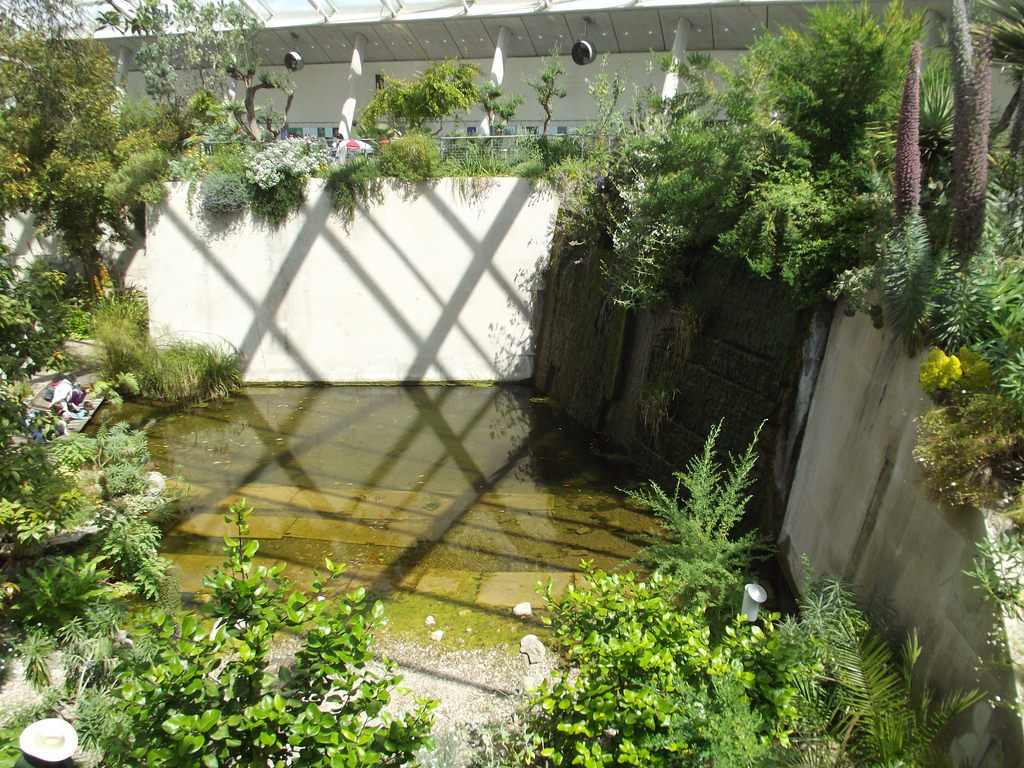Your driveway is more than just a path to your home; it’s an essential part of your property. It endures the weight of vehicles, exposure to the elements, and the passage of time. To ensure your driveway stands the test of time and maintains its functionality and appearance, consider the power of driveway sealing and coating. In this article, we’ll delve into the benefits and importance of driveway sealing and how it can extend the life of your driveway.
Understanding Driveway Sealing
Driveway sealing is the process of applying a protective layer to the surface of your driveway. This layer, often made of sealant, creates a barrier that shields the driveway from various elements. Here’s why driveway sealing is crucial:
- Water Repellent: One of the primary functions of driveway sealing is to repel water. Water can be one of the most destructive elements for driveways. When water penetrates the surface, it can lead to cracks and damage, particularly during freezing and thawing cycles.
- Preventing Cracks: Driveway coating helps to fill small cracks and prevents them from expanding. It also inhibits the formation of new cracks, keeping your driveway’s surface smooth and intact.
- Sun Protection: Exposure to sunlight can cause oxidation and damage to the materials of your driveway, leading to fading and deterioration. Driveway sealing acts as a shield against harmful UV rays.
- Chemical Resistance: Sealants offer resistance to oil, gasoline, and other chemicals that can leave unsightly stains on your driveway.
- Enhanced Appearance: A well-sealed driveway not only provides protection but also looks more appealing. It restores the surface’s color and texture, giving it a fresh and clean appearance.
- Extended Lifespan: By preventing damage, driveway sealing can significantly extend the lifespan of your driveway, saving you from the cost and inconvenience of repairs or replacements.
When to Seal Your Driveway
The timing of driveway sealing is critical to its effectiveness. Seal your driveway when:
- It’s New: For newly installed driveways, sealing is recommended after the concrete or asphalt has cured for about 30 days. This helps protect it from early damage.
- Every Few Years: Driveways should be resealed every two to three years to maintain their protective barrier.
- Visible Cracks: If you notice cracks or signs of wear, it’s time to reseal your driveway to prevent further deterioration.
The Sealing Process
The process of driveway sealing typically involves the following steps:
- Cleaning: The driveway is thoroughly cleaned to remove dirt, debris, and stains.
- Repairing Cracks: Any existing cracks are filled, ensuring a smooth surface.
- Application: The sealant is applied using specialized equipment or tools. It’s important to apply an even and consistent coat.
- Drying Time: The sealant needs time to cure and dry, so it forms a protective layer.
DIY vs. Professional Sealing
While some homeowners attempt driveway sealing as a DIY project, it’s often best left to professionals. Professional driveway sealing ensures even application, quality sealant, and long-lasting results.
Conclusion
Driveway sealing is a powerful tool to protect your investment in your property. By creating a barrier against water, sunlight, and chemicals, it extends the life of your driveway, enhances its appearance, and prevents costly repairs. If you want your driveway to withstand the test of time and maintain its functionality and appeal, consider the benefits of driveway sealing.



